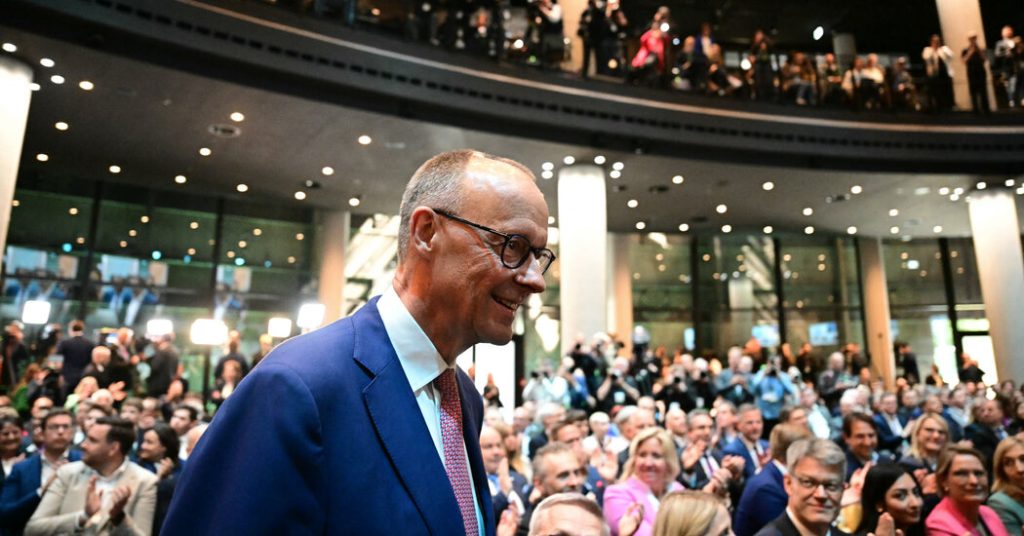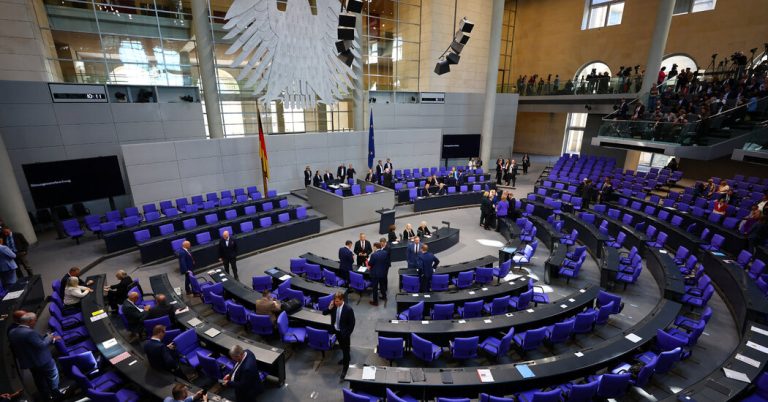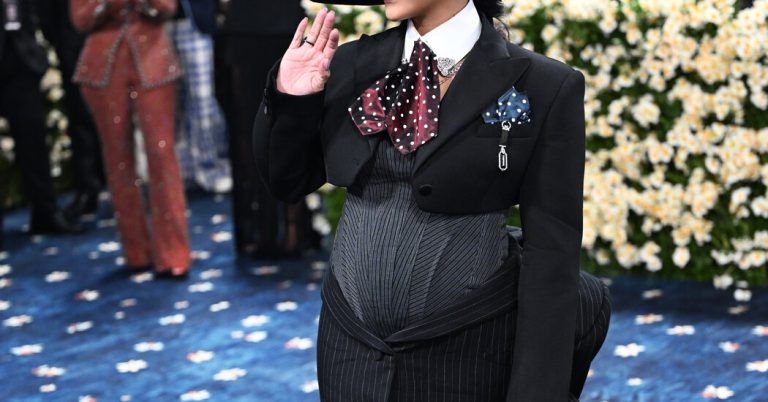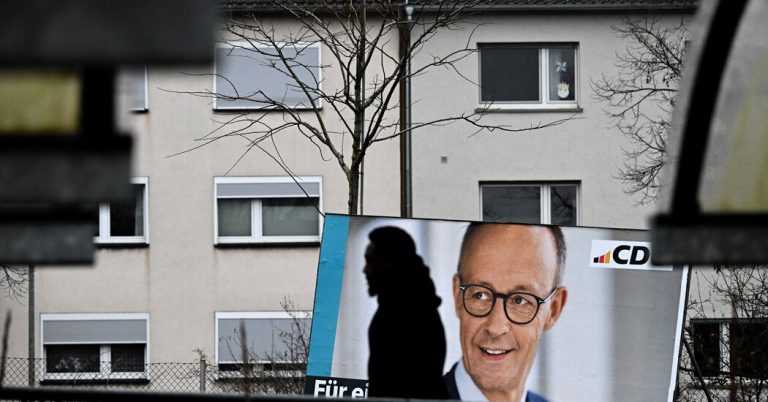Exactly six months after Olaf Scholz’s three-party coalition imploded, Friedrich Merz, a conservative Christian Democrat, will be sworn in as Germany’s next chancellor on Tuesday.
The swearing-in comes after less than two months of negotiation between the Christian Democratic Union, or C.D.U., which came in first with 28.5 percent of the vote, and the incumbent Social Democrats, known as S.P.D., which came in third with just 16.5 percent.
Mr. Merz, 69, who took a decade-long break from politics after he was passed over in favor of Angela Merkel, has never held any government office. A talented and engaging speaker, he has made clear his ambition to return Germany to a leadership role in Europe.
What challenges does the new government face?
Germany is probably at its most perilous moment since reunification 35 years ago.
Even before President Trump announced tariffs, Germany’s economy was in a slump. China, once a booming market for exports, has lost its taste for German luxury cars and other German exports. Because of the sanctions on Russian gas, energy is expensive. And labor costs are higher than average, while public infrastructure is failing.
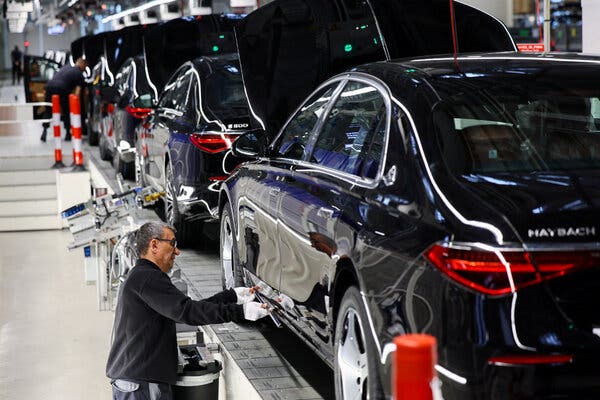
A Mercedes production line near Stuttgart, Germany, last year.Credit…Wolfgang Rattay/Reuters
Germany also appears at risk of losing the American security guarantees that, before Russia’s full-scale invasion of Ukraine, allowed it to invest relatively little in defense.
